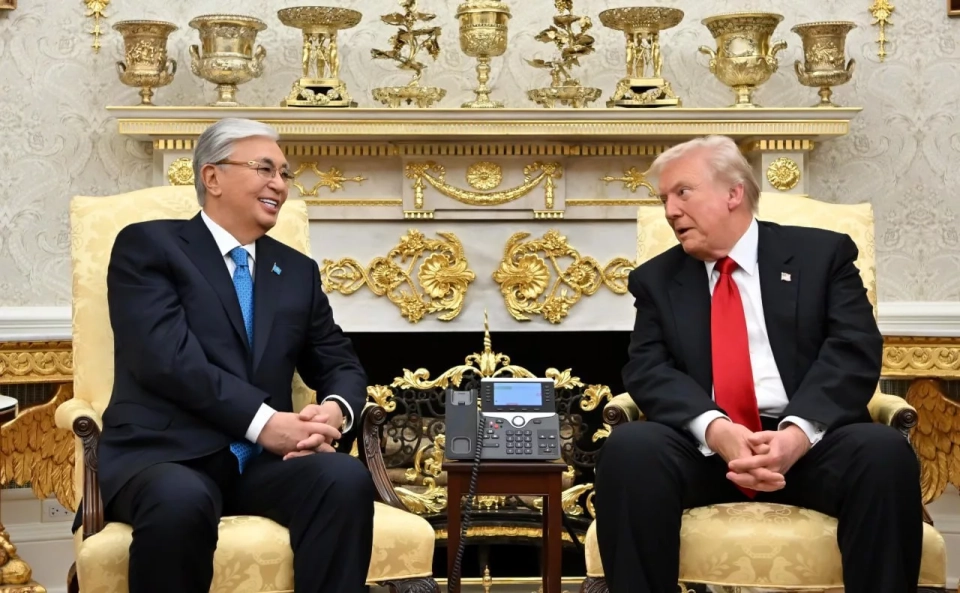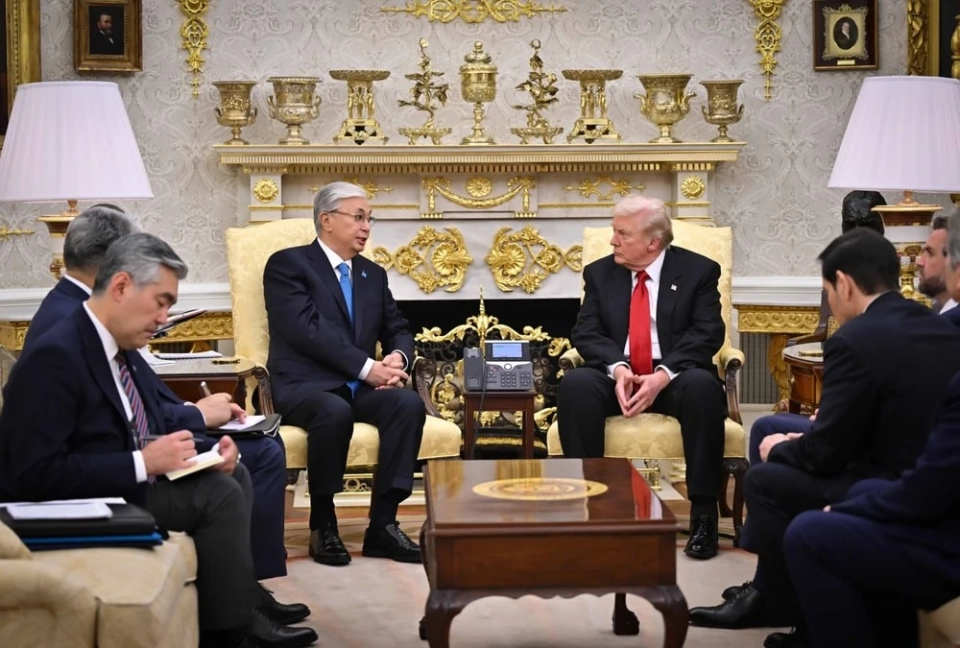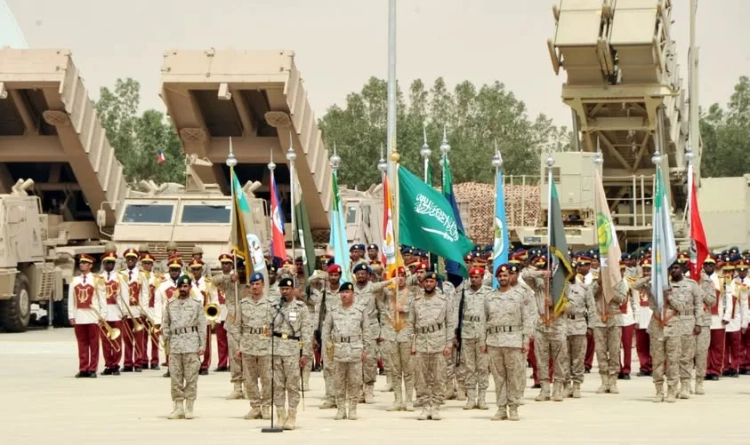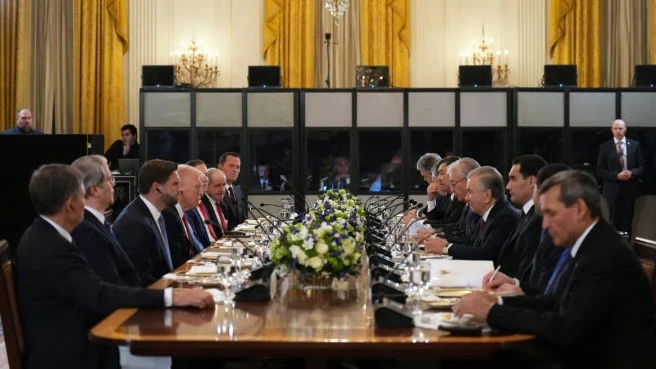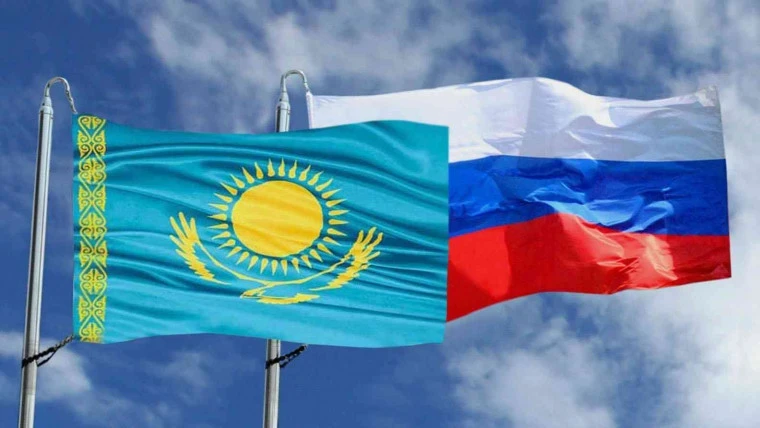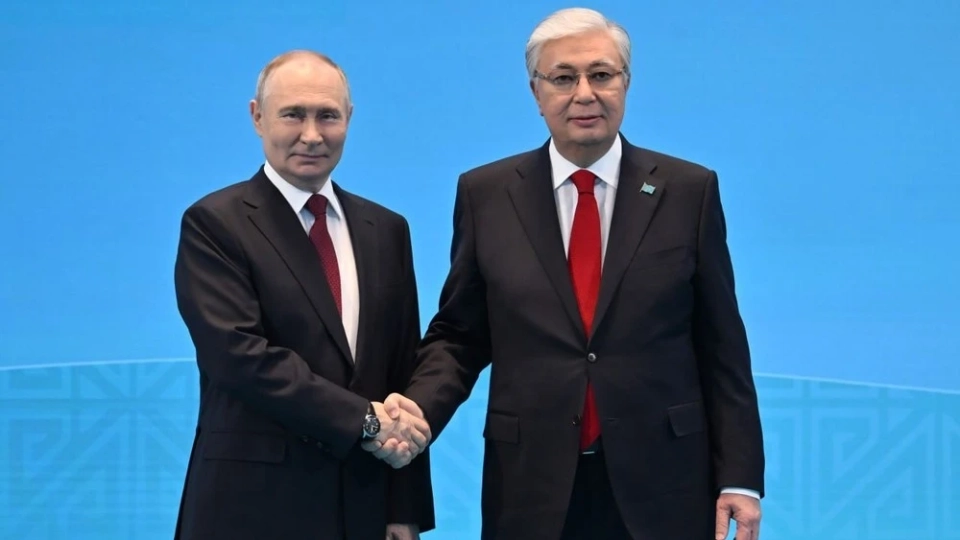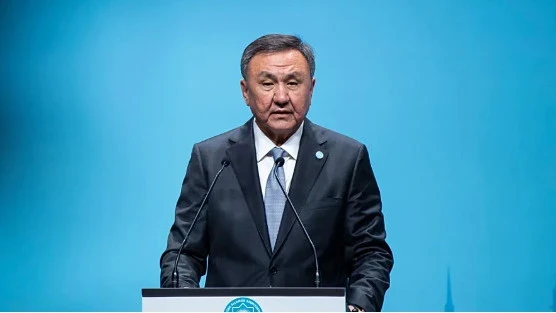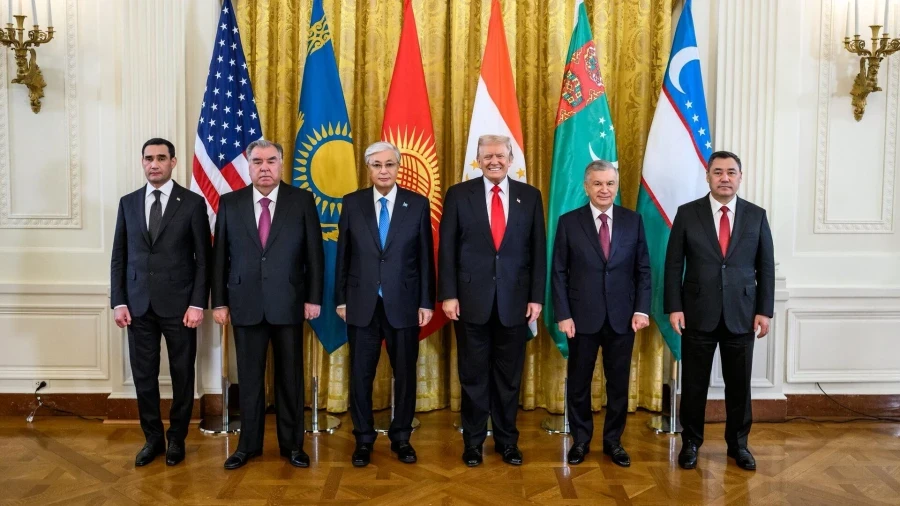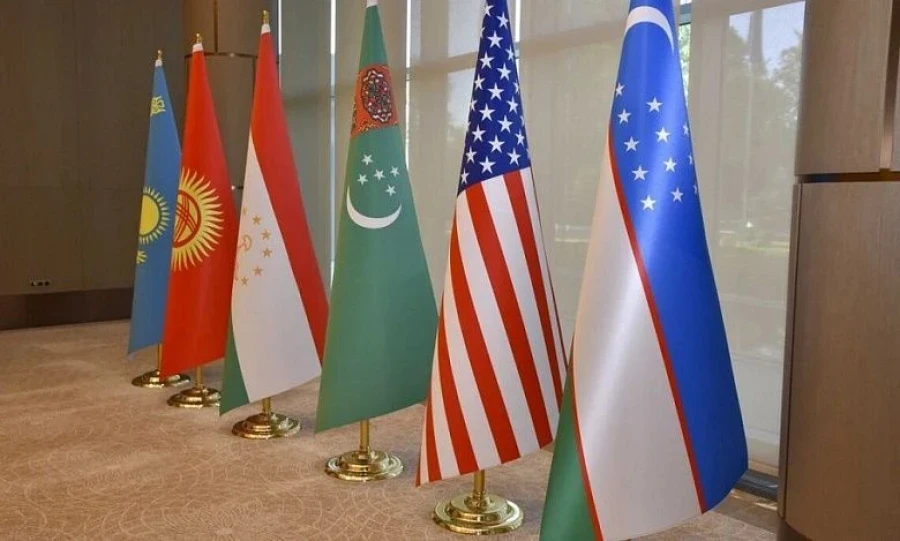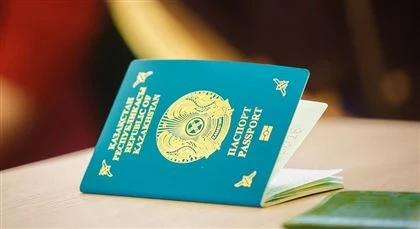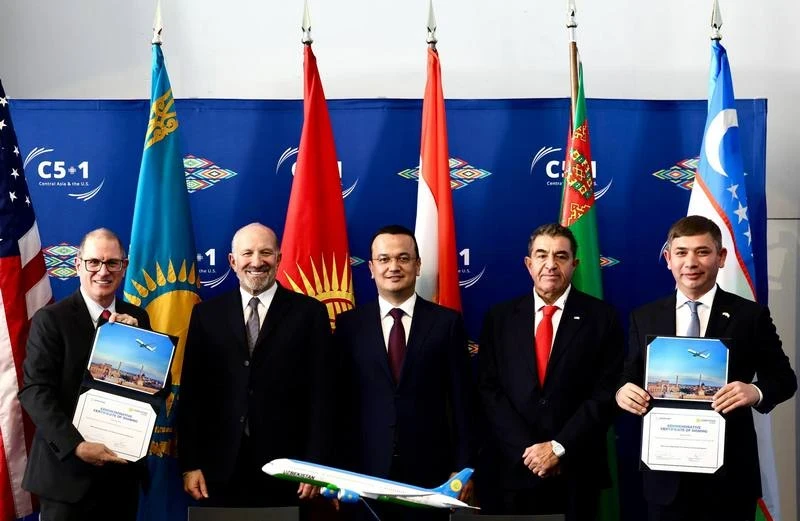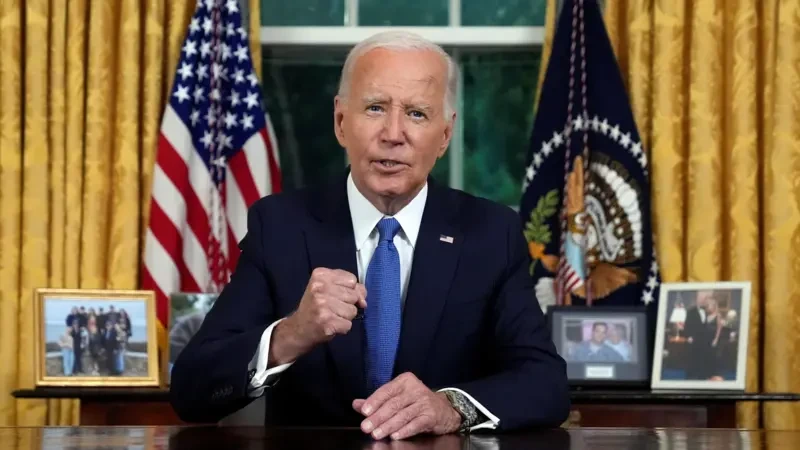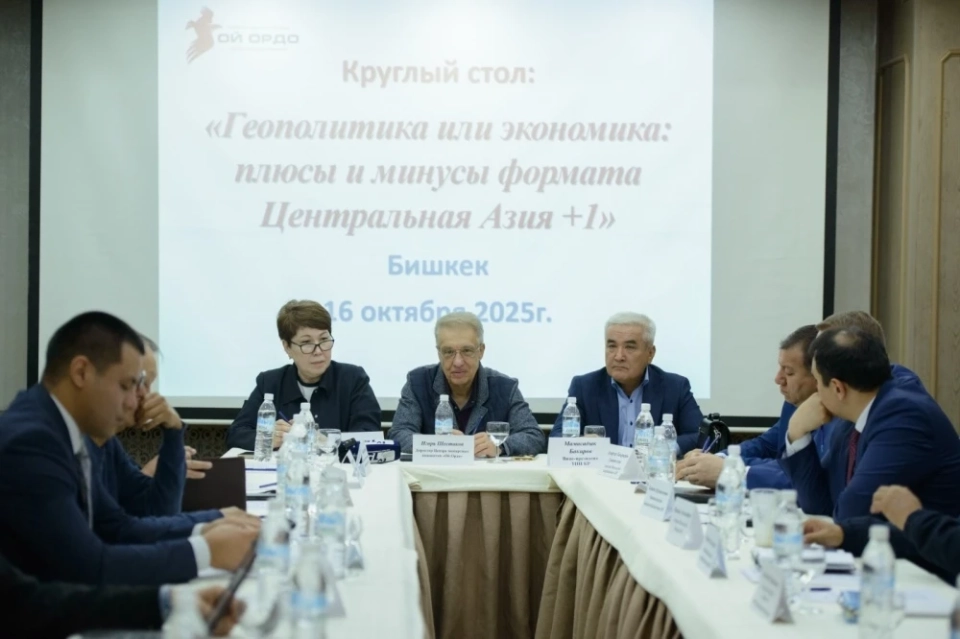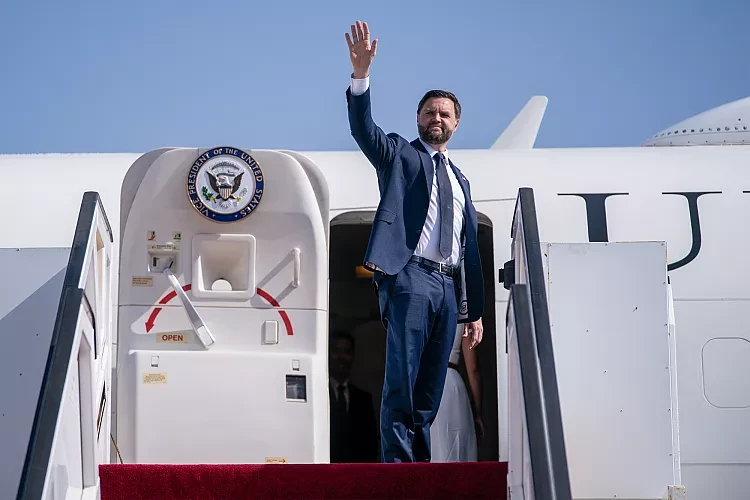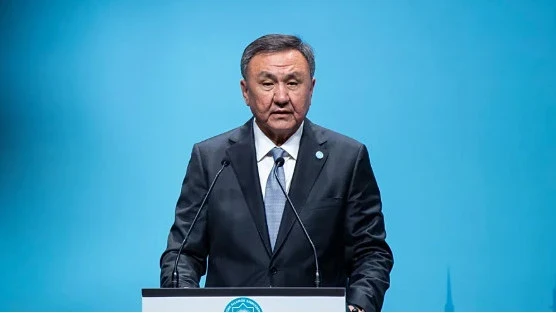
In the new episode of the podcast dedicated to post-Soviet conflicts, organized by the Begin-Sadat Center for Strategic Studies at Bar-Ilan University in Israel, there was a conversation with Grigory Tamar, an officer and analyst from Israel.
This episode discussed the prospect of Kazakhstan joining the Abraham Accords — an initiative launched by the Donald Trump administration aimed at improving relations between Israel and Muslim countries.
According to Tamar, these accords go beyond Middle Eastern politics and represent the formation of a new economic-defense bloc that could unite countries from Israel and Saudi Arabia to India and Central Asia.
The expert emphasizes that this initiative is an attempt by the U.S. to counter the growing influence of China, which has been strengthened since the onset of the conflict in Ukraine.
Kazakhstan as an Important Center
Grigory Tamar notes that Kazakhstan occupies a strategically important position between Russia and China while maintaining its independence and stability.
This makes the country an attractive partner for Washington and Jerusalem. Additionally, Kazakhstan has significant uranium reserves, accounting for approximately 40% of the world's resources. Israel, as Tamar mentions, actively purchases uranium from Kazakhstan, making bilateral relations particularly important.
He emphasizes: "If Trump manages to unite countries like Israel, Saudi Arabia, Kazakhstan, Uzbekistan, and India, it will create a new geopolitical giant, the potential of which will surpass everything we have seen since the Soviet Union."
Changes in the Regional Balance
According to Tamar, if Kazakhstan joins the accords, it will not only be a diplomatic step but also a political signal to Moscow and Beijing that the country is seeking new partnerships under the aegis of the U.S.
He also suggests that Uzbekistan may follow Kazakhstan's lead, considering the active negotiations between the U.S. and that country.
At the same time, Azerbaijan, despite its close relations with Israel, is unlikely to join the accords in the near future due to its ties with Turkey and the need to maintain a balance with Russia.
Tamar adds: "For Kazakhstan, this is an opportunity to chart a new course — without open conflict with Russia and China, but with a clear signal of intent to strengthen sovereignty and develop new international alliances."
A New Reality After Ukraine
In response to a question about what has changed over the past decade, Tamar noted that Russia's war against Ukraine has shattered previous geopolitical constructs.
According to him, Kazakhstan is faced with a choice: to remain in a zone of uncertainty or to build new relationships with the U.S. and Israel.
He remarked: "Putin has undermined his own authority by starting aggression. Kazakhstan has realized that the old benchmarks no longer work, and the Americans have offered attractive arguments."
Central Asia on the Brink of Change
In the expert's opinion, Kazakhstan's possible accession to the Abraham Accords could be a pivotal moment for the region.
This creates the prerequisites for a new eastern corridor that will connect India and the Persian Gulf through Central Asia and the South Caucasus with Europe, forming a new architecture of security and cooperation.
The full interview with Grigory Tamar is available below:


